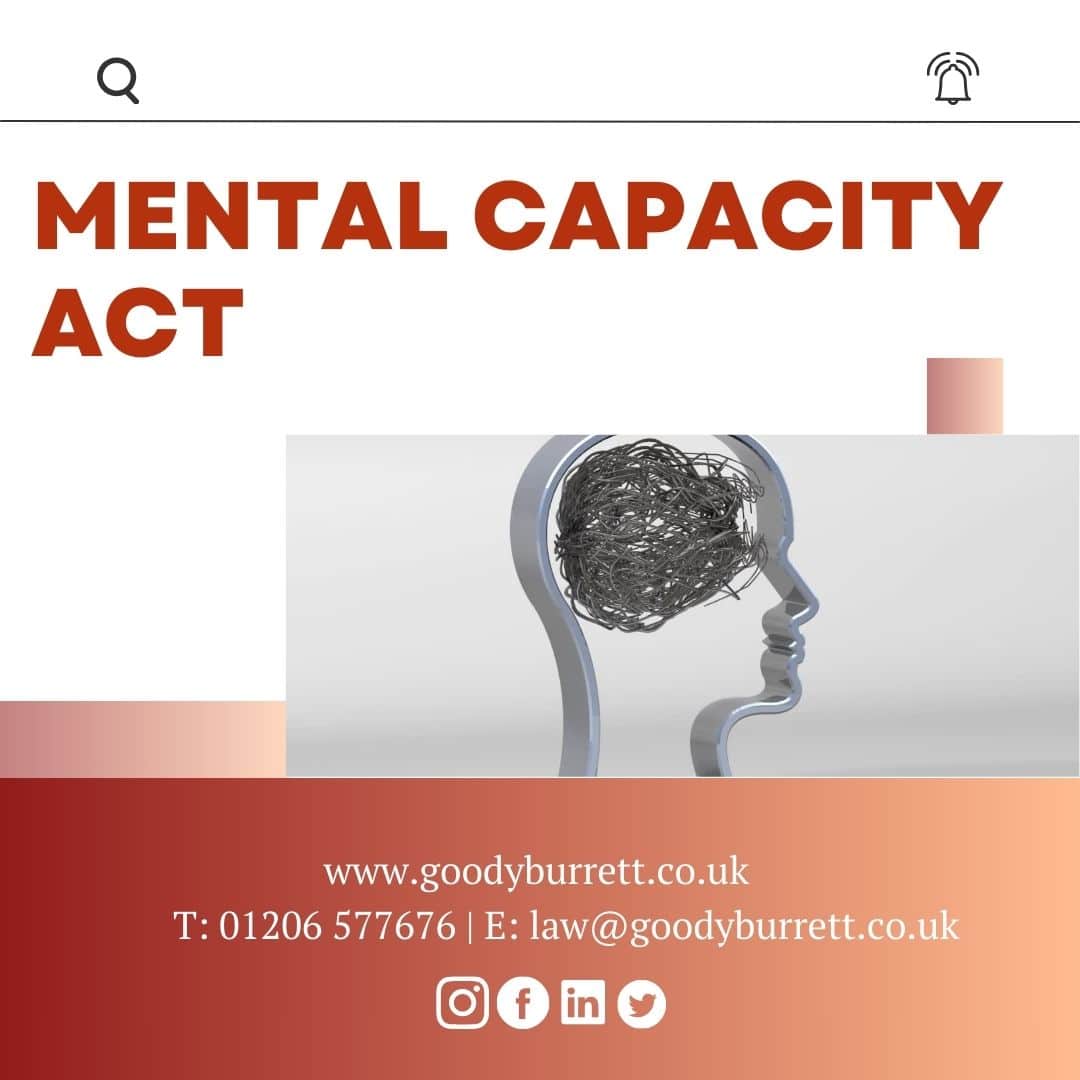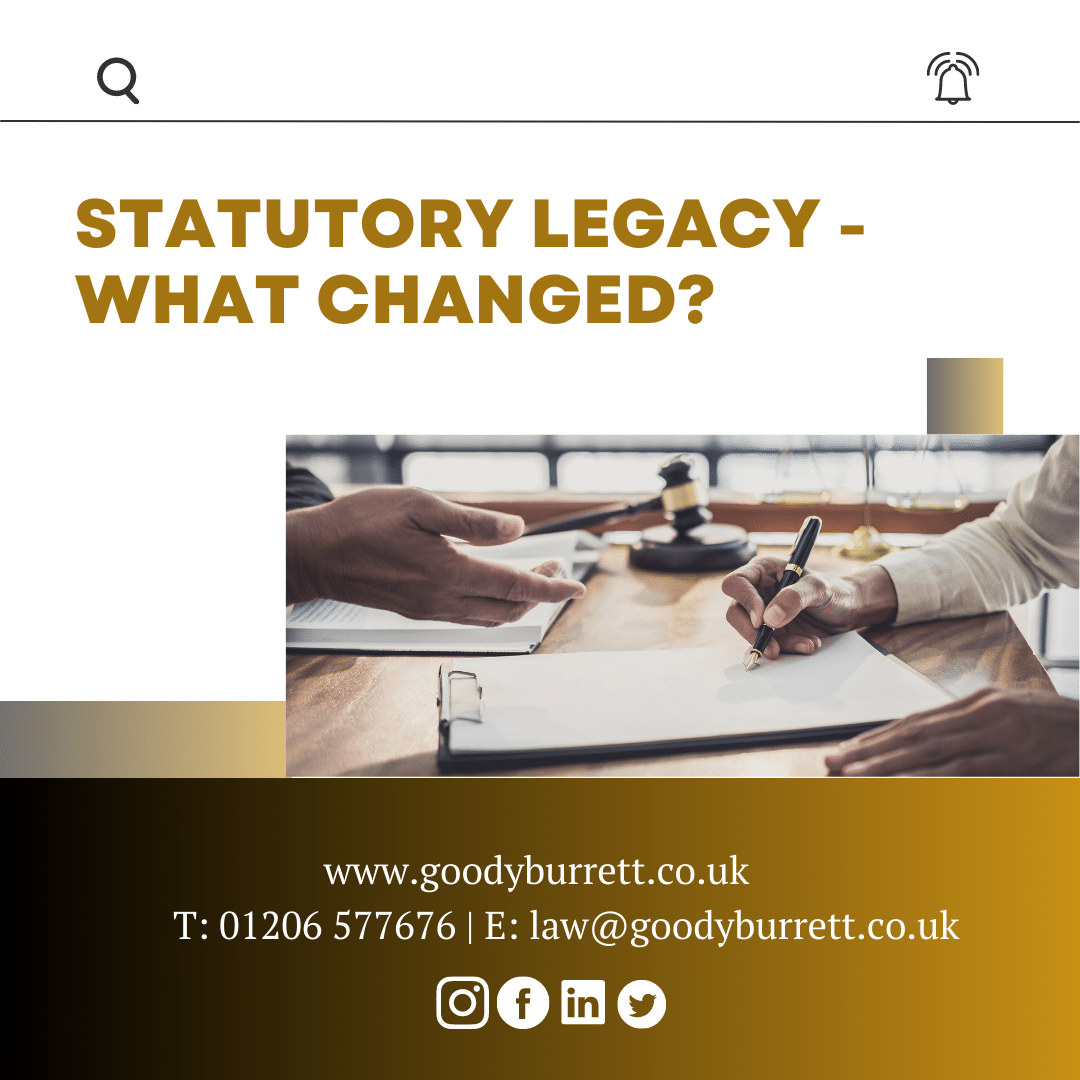
Safeguard your children by appointing a Guardian in your Will
A Guardian is an individual who is legally appointed under the terms of your Will to care for a child and make decisions for them when they are not old enough to make decisions for themselves. Appointing a Guardian in your Will safeguards your children if you die when they are still minors.
Choosing a Guardian in your Will can also help prevent family disputes arising upon your death over who should take responsibility for the care of your children. In the absence of you appointing a Guardian in your Will, it may then fall to the court to decide who should care for your children and this may not be someone you would have chosen yourself. The court may decide to appoint someone with a different parenting style to you, therefore appointing a Guardian yourself, in your Will, provides peace of mind knowing that should the worst happen, your children will be cared for by someone you have chosen in a way in which you would have approved.
When appointing your Guardian in your Will you can also place a Letter of Wishes with your Will to outline certain educational and personal health decision that you would like your Guardian to take into consideration when looking after your children. This enables your children to be raised with continuity of care and in keeping with their unique needs and preferences. It is essential that you have a conversation with your appointed Guardian to enable them to fully understand your wishes and feelings for the care of your children in the event that the worst should happen.
For further information on preparing a Will, please contact our Private Client Department on 01206 577676.
For more information
Contact us on 01206 577676 or you can email [email protected]





